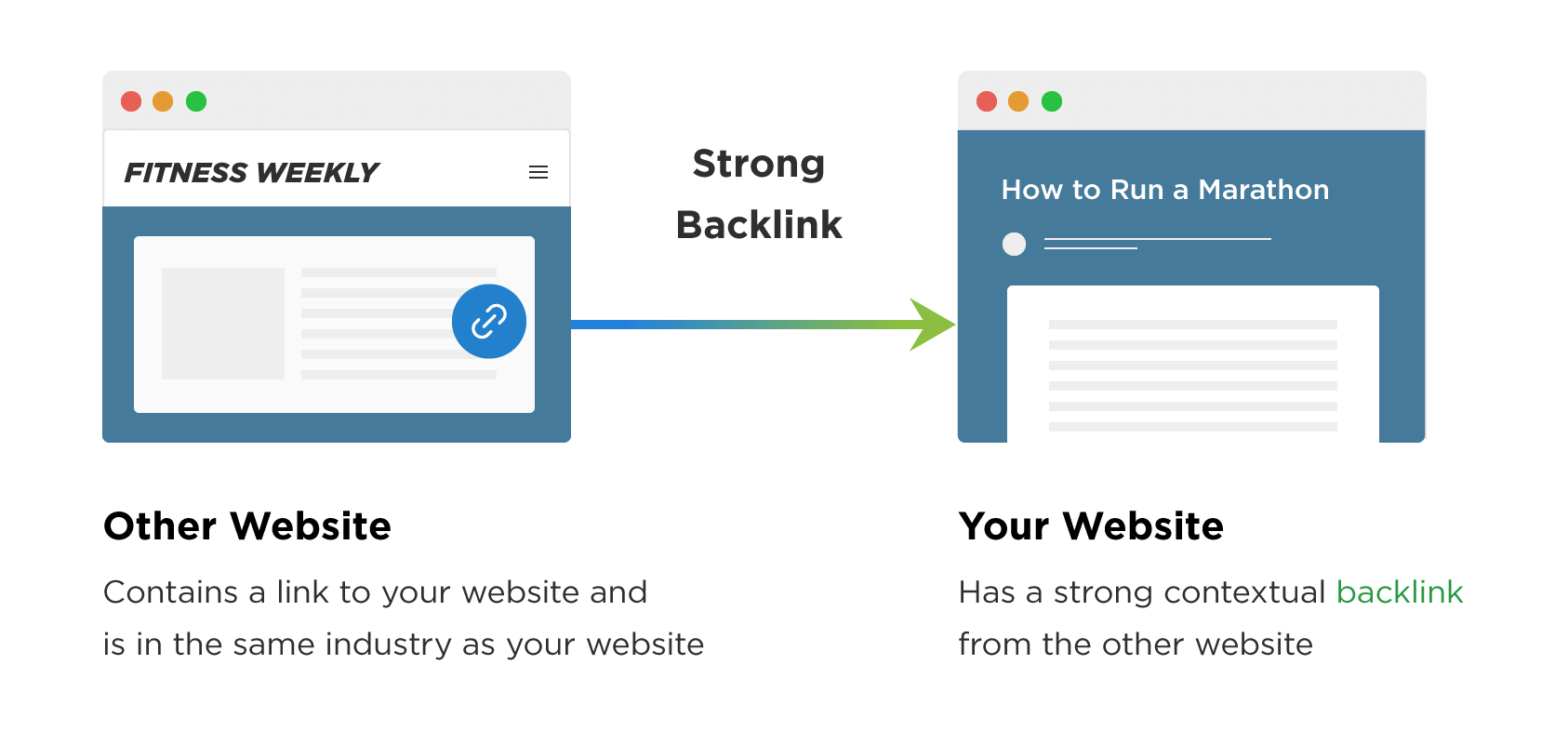How to deal with Content Scrapers (Copy and Paste Bloggers) in the Blogging Industry
The feeling of spending hours writing content for your blog, just to find it on someone else’s blog can be mentally draining.
I know. I have been in that shoes. The worst of it all is when you contact them and they give you the response “f*ck off, you can’t do nothing.”
Ever had that problem? That should be your last straw.
Without cutting corners, here are 3 things to do if you find yourself in that shoe:
1. Send them a friendly email or message
Not everyone is as rigid as you think. There are people out there scraping contents just for experiments. In this case, a friendly request for the removal of the infringed content could be effective.
However, not everyone would give in to this, especially Nigerians. You could end up getting insults, funnily enough.
At this point, proceed to the next step.
2. Report the infringed contents to Google for a de-index
Personally, this is the first step I would take.
Why?
Well, Google is the meat of blogging – the reason why every blogger is a turned writer (I’m not exempted).
Sure, they copied your Contents to rank on G SERPs.
One way to get back at them is to hook them from the other end.
But, how?
Sincerely, it’s a long process explaining it. However, the process is self-explanatory.
Between, here’s the link to do that:
https://support.google.com/legal/troubleshooter/1114905?hl=en
It takes a minimum of a week and the web page containing your content would be de-indexed.
It’s worth mentioning that the content won’t be removed from the site, as Google doesn’t have access to the hosting.
3. Report them to AdSense
This is what most people are ignorant of.
Most bloggers rely on AdSense to get their website monetized.
Funnily enough, people are ready to give up on their site all because of a declined AdSense approval.
Well, you can take advantage of that.
AdSense has a page where you could report a copyrighted web page displaying AdSense ads for copyright infringement.
Here’s the link:
https://support.google.com/adsense/contact/violation_report
If AdSense is able to detect that you’re the rightful owner of the content, it’s going to stop displaying ads on that particular web page.
So no money for the infringer. Work well done.
Read on to the last step…for the gold
4. Reverse engineer their website to find their web host for a DMCA report
The aforementioned steps only affect third parties that are involved in the site progress, right?
Well, here’s how to do something that could take the infringed web page down. Hence, affects the site.
Copy the site’s URL and put it on hostingchecker.com.
Now, it’s gonna give you a brief report of the site’s backend, as well as the hosting provider.
If the hosting provider is Name cheap, for instance, put it on Google’s search tap alongside the word “DMCA”
Here’s what I mean…
“Namecheap DMCA”
Alternatively, you could chat with an agent of the hosting company about their DMCA page or email address.
By this, you should find a web page where you could report them.
Make a proper note to them about the issue.
Better still, follow a “copyright infringement template” to do this – you can search in Google for that.
Now, give it a week…you should get a response from the hosting company. As in most cases, the web page containing your content would be taken down.
But why? Well, Copyright infringement is a big thing in the US, following the digital millennium copyright act law.
No US-based company jokes with this, not even Facebook!
And that’s it.
If you find this helpful, comment, and share.










